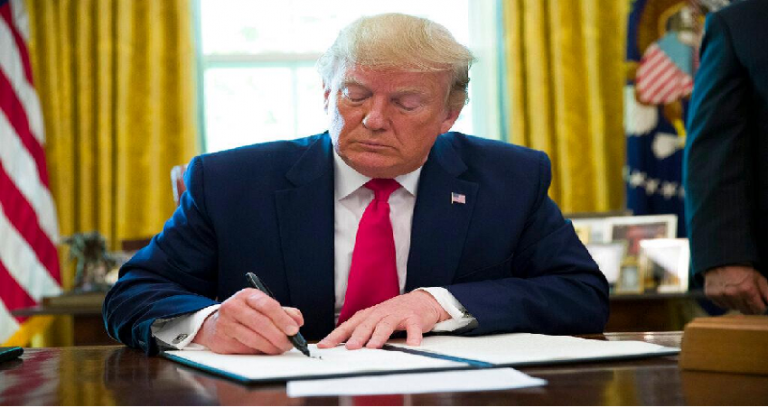
Donald Trump has indeed hinted at the possibility of making Greenland a part of the USA. This idea isn’t entirely new; Trump first floated the idea during his first term in 2019. Recently, he reiterated his interest, emphasizing Greenland’s strategic importance for national security and economic reasons.
Greenland, with its vast mineral resources and strategic location, has been a point of interest for the US for decades. Greenland’s location in the Arctic Circle makes it geopolitically significant. It lies on the shortest route between North America and Europe, making it vital for military and surveillance purposes. The U.S. already has a substantial military presence there, with the Pituffik Space Base (formerly Thule Air Base), which is essential for missile warning and space surveillance. Control over Greenland would enhance U.S. strategic interests in the Arctic, especially with increasing tensions with Russia and China in the region.

